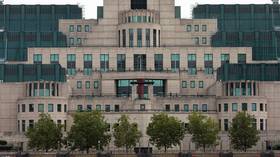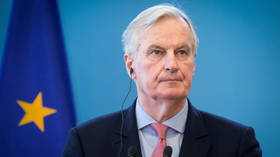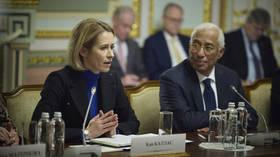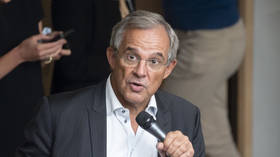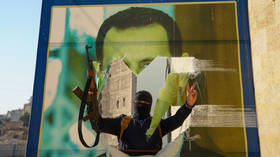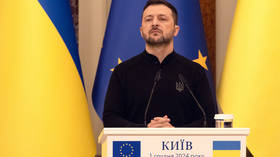Kremlin explains renewed YouTube presence
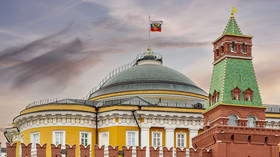
The Kremlin has resumed posting content on its YouTube channel in order to extend its reach to foreign audiences, spokesman Dmitry Peskov said on Thursday. The channel was reactivated earlier in September, following a six-month pause due to a slowdown of the video-hosting service in Russia.
The revival came shortly before the US imposed fresh sanctions on Russian media last week, including RT.
When asked whether the @Kremlin channel had gone back online in order to better convey Russia’s point of view to Western audiences, Peskov confirmed that was the case.
“We are utilizing all the resources possible at the moment to disseminate information about the work of the [Russian] President [Vladimir Putin],” the spokesman explained to journalists, as quoted by TASS.
According to its description on YouTube, @Kremlin “broadcasts the Russian president’s addresses and comments.” The channel was created in December 2005, shortly after the launch of the video-hosting service. The channel’s 900+ videos have gathered nearly 58 million views. As of September 19, 2024, @Kremlin has 245,000 subscribers.
YouTube, which is owned by Alphabet’s Google, started experiencing slowdowns in Russia in the summer. Lawmakers attributed the issues to Google’s failure to upgrade its equipment in Russia since the outbreak of the Ukraine conflict in 2022 and ensuing Western sanctions campaign.
The US imposed a new round of restrictions against Russian media outlets last week, accusing RT, its parent company TV-Novosti and the company Rossiya Segodnya of being “engaged in covert influence activities… and functioning as a de facto arm of [Russian] intelligence.”
The US State Department claimed RT has played a major role in eroding support for Ukraine around the world. US tech giant Meta, which owns Facebook and Instagram, banned RT following the announcement. Russian Foreign Ministry spokeswoman Maria Zakharova said the new sanctions amount to the declaration of an “information war,” prompted solely by “jealousy” in the West “because they could not compete.”
Earlier this year, YouTube blocked thousands of channels deemed to broadcast “Russian propaganda.”




